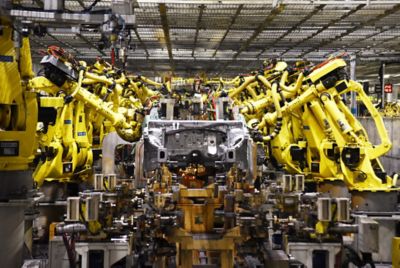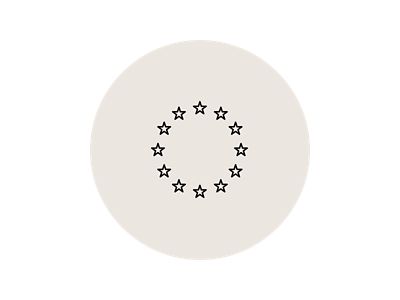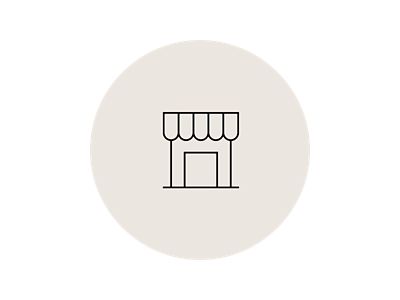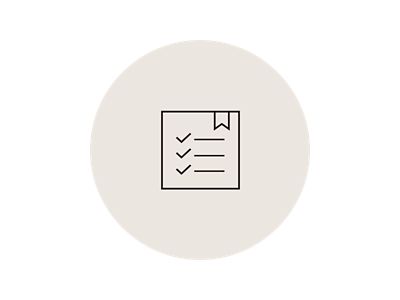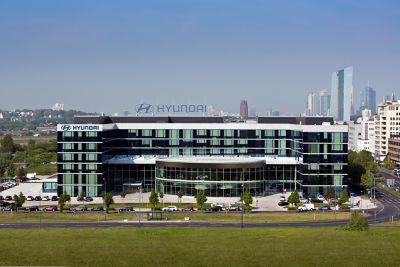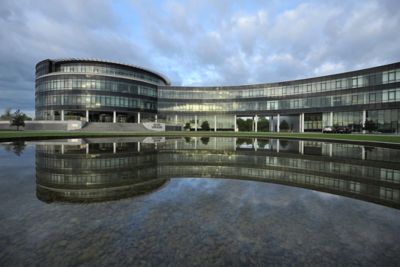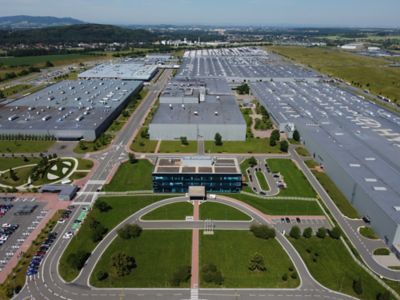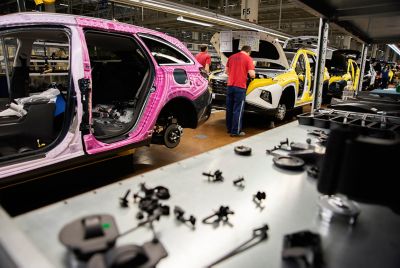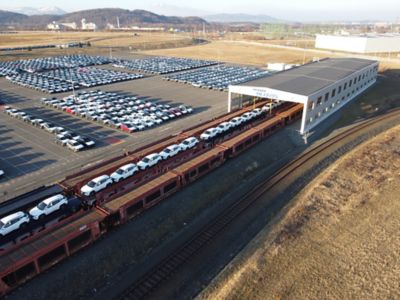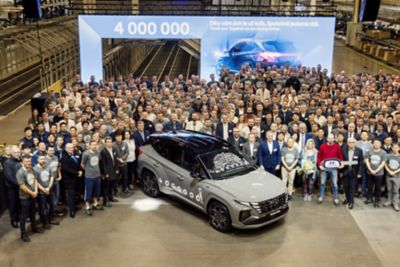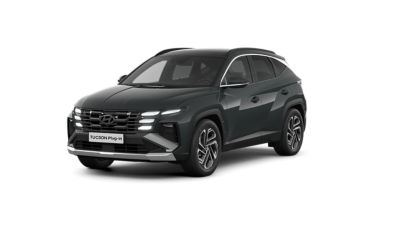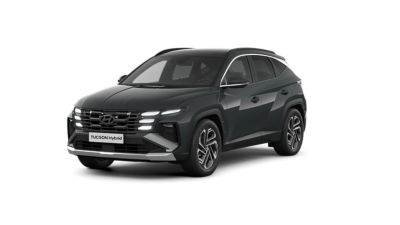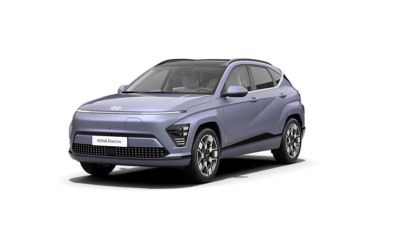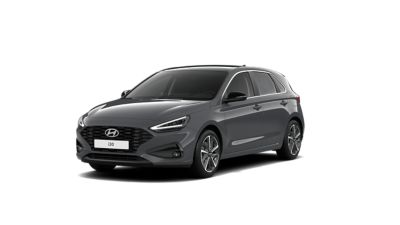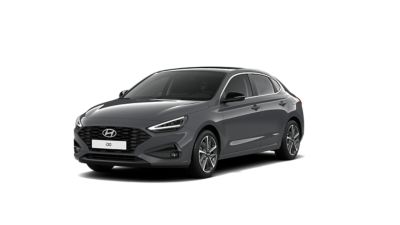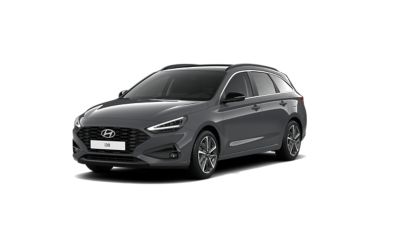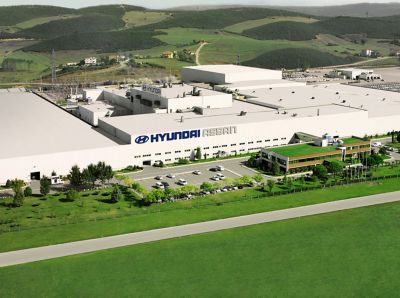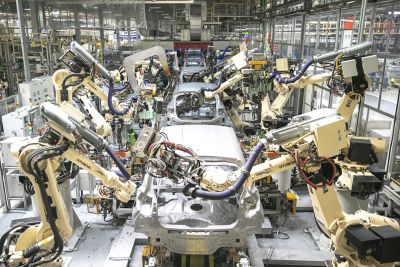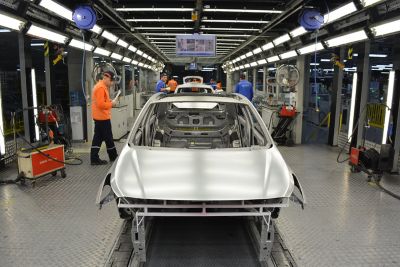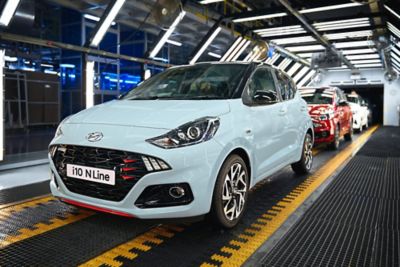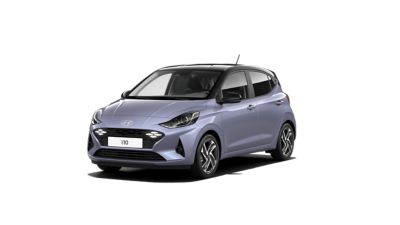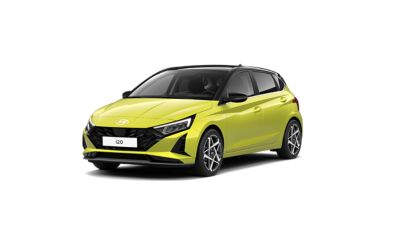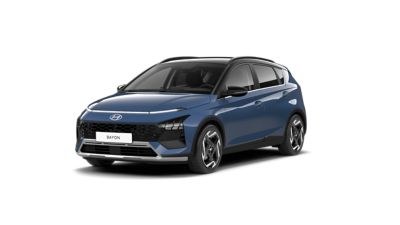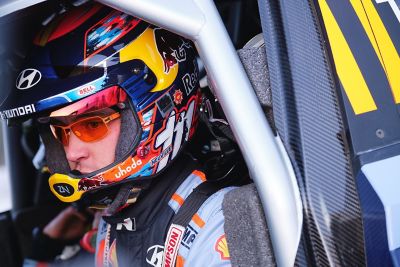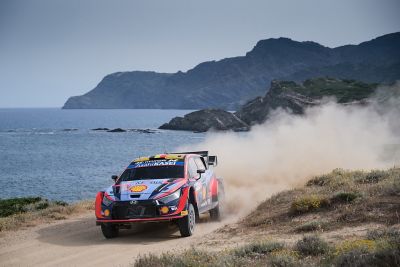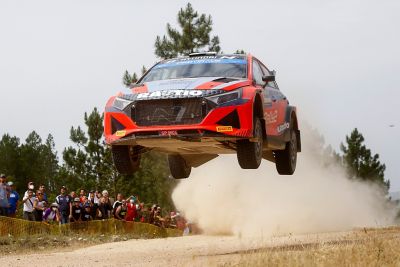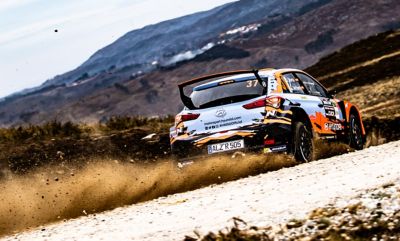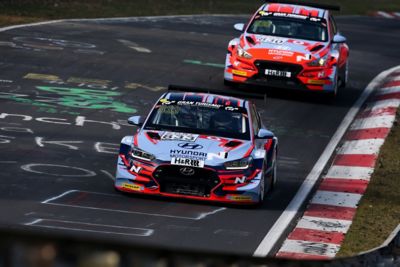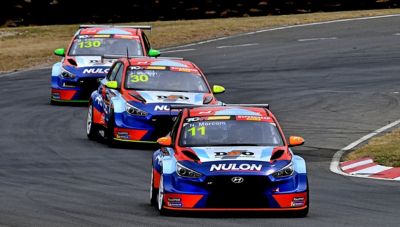Making a mark on the continent.
Throughout the past three decades, Hyundai has gradually expanded its presence in Europe. We have constructed many important facilities, from R&D and Design centres to production plants, as well as introducing models specifically aimed at European customers.
Overview
Proud to design and build in Europe – for Europe.
Hyundai currently sells vehicles in 42 European countries through 2,284 sales outlets. In the first three quarters of 2024, Hyundai sold 620,737 units in Europe. From TUCSON to KONA Electric, six of our best-selling models in Europe are also produced in our plants in Türkiye and the Czech Republic – that’s around 80% cent of our total sales in Europe.
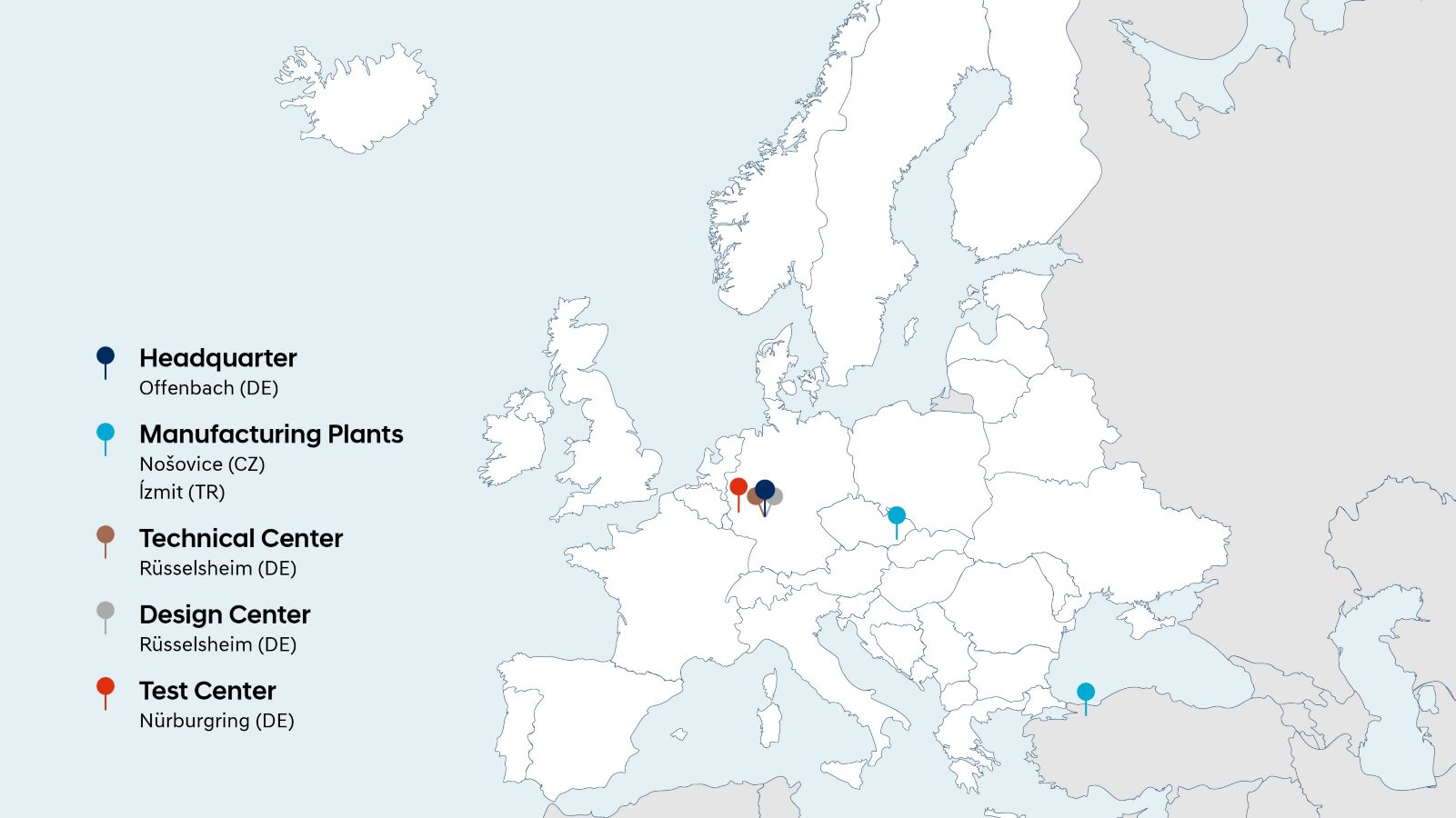
Czech Plant
Our plant in Nošovice, Czech Republic.
Established in 2008, Hyundai Motor Manufacturing Czech (HMMC) is Europe’s most modern production plant.
Our Czech factory: powered by 100% renewable energy.
In our Are We There Yet? podcast, Petr Michník, Head of Administration at Hyundai Motor Manufacturing Czech, gives host Suzi Perry the lowdown on how the facility has made the transition to receiving 100 percent of its energy from renewable sources.
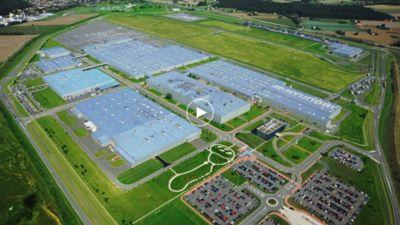
Models produced at our Czech Plant.
The models manufactured at our Czech Plant (HMMC) include: KONA Electric), TUCSON (petrol/diesel, Hybrid, PHEV), i30 range (hatchback, fastback and wagon incl. N Line).
Take a closer look at our plant in the Czech Republic.
This video gives you a behind the scenes look at our high tech factory in Nošovice, Czech Republic.
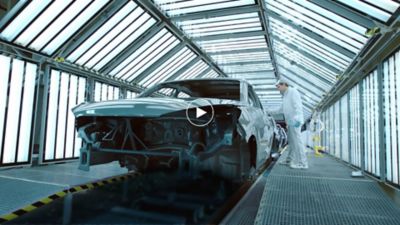
Türkiye plant
Our plant in ĺzmit, Türkiye.
Located about 100 kilometers southwest of Istanbul, the Hyundai Assan Otomotive Sanayi (HAOS) in ĺzmit, Türkiye is Hyundai’s longest operating manufacturing facility outside Korea.
Models produced at our plant in Türkiye.
The Turkish plant produces the i10, i20, i20 N compact hatchbacks and BAYON compact crossover SUV (incl. all the N Lines), mainly for the European market.
Take a closer look at our plant in Türkiye.
This video gives you a behind the scenes look our high tech factory in ĺzmit, Türkiye.
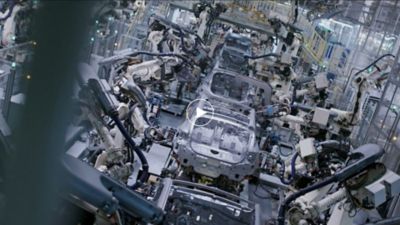
Test centre
Hyundai’s European Test Center at the Nürburgring.
Since 2011, Hyundai Motor Europe's Technical Center has undertaken durability testing of our cars at the Nürburgring – one of the world’s most challenging racetracks. In 2013, we inaugurated our new European Test Center here. This unique glass and steel building houses workshops, offices and hospitality areas. We engage in regular and rigorous testing here as an extension of our European Technical Center.
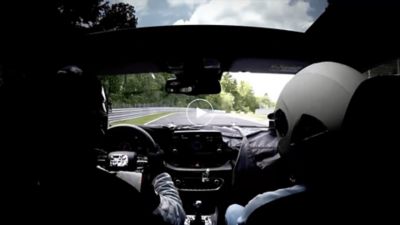
Hyundai Motorsport
Racing meets innovation.
A high-performance brand, Hyundai is successful in both rally and circuit racing. As motorsport allows us to transfer the knowledge between our race cars and passenger cars, electric racing represents an exciting new era for Hyundai Motorsport and sustainable mobility.
